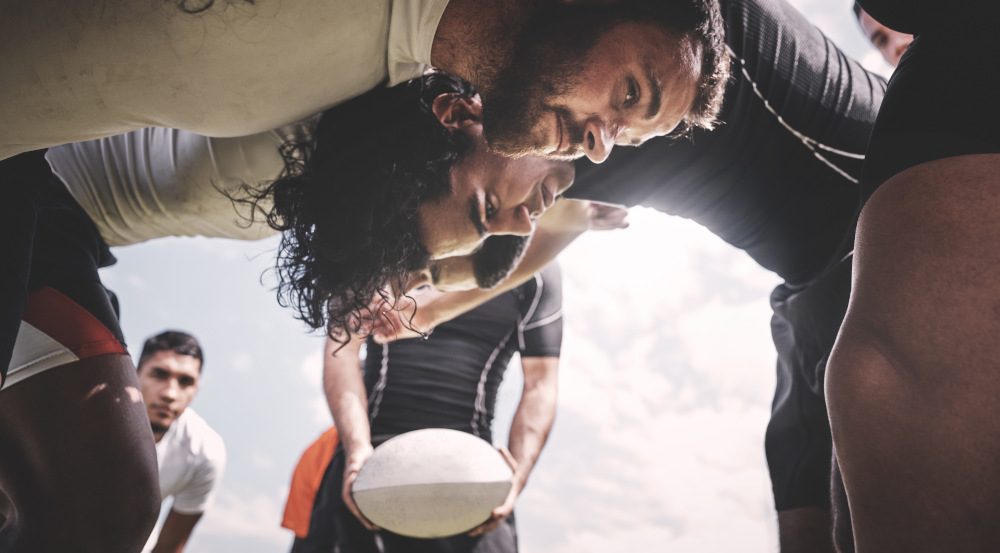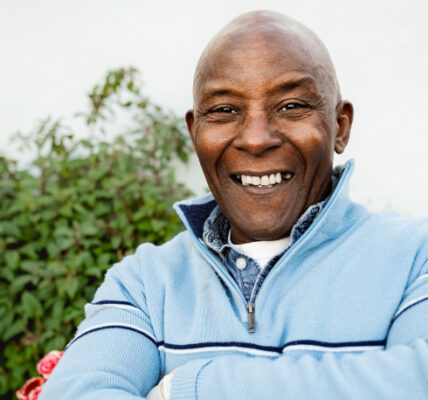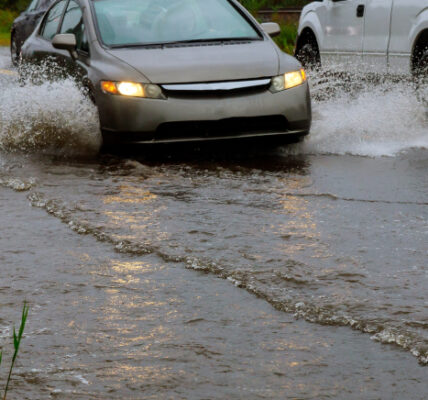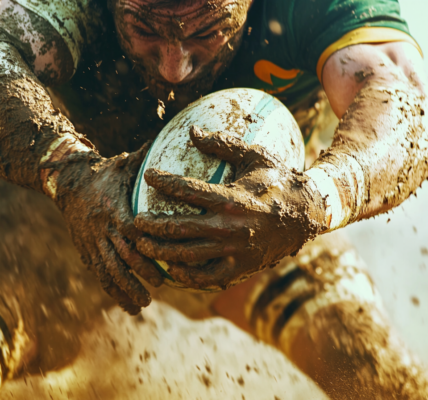It’s 5:17 p.m. in the middle of winter. The sun’s dropping fast behind the mountains near Estcourt, the sky bleeding into grey. The field is uneven, patched with dry earth and old cleat marks. No stadium lights. Just headlights from three parked cars and one half-working floodlamp lashed to a lamppost with cable ties. There’s a whistle, a muffled curse, then the sharp crack of bodies colliding. And for the dozen or so players out here tonight, it’s the only thing that makes sense.
In towns like this, where unemployment comes standard and the factory shut down ten years ago, the rugby field isn’t just a field. It’s a border post. On one side, the chaos of the street, where hustle meets hunger and the cops don’t answer every call. On the other, order, structure, purpose. You learn when to speak, when to run, and most importantly, when to hold the line. Rugby gives these men and boys something more than a sport. It gives them a map.
Ask around, and you’ll hear stories that feel too poetic to be true. A flyhalf in Newcastle who beat addiction by showing up to practice every day like it was a 9-to-5. A centre in Harding who started bringing his younger brother to drills after he caught him carrying for a local gang. A prop from Richmond who never finished high school but now coaches U-13s because, in his words, “it’s better than jail or death, and sometimes it’s both or nothing.”
None of them will say rugby saved them. That would be too clean, too Hollywood. But they’ll tell you it helped keep the roof from caving in.
You can measure it in scars. In the way a player tapes his left knee before every session even though the physio’s long gone. In the stitched-up jerseys worn season after season because the sponsor pulled out and no one replaced them. These fields are full of people playing with broken things, bodies, families, expectations, and somehow still showing up. That’s the therapy. The showing up.
In the townships just outside Durban, the situation’s even sharper. Crime stats blur into background noise. Kids go missing and come back different. Electricity’s a luxury and silence is rare. But on a Sunday morning, at fields with no chalk lines and corner flags made from mop handles, you’ll see full matches played like Currie Cup dreams are on the line. And maybe they are. Or maybe it’s just that, for 80 minutes, nobody owes anyone anything. You make the tackle or you don’t. You run your line or you’re out of position. And the man next to you sees it all.
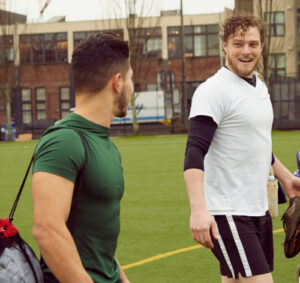 Coaches in these areas aren’t always trained. They’re former players, reformed hustlers, dads who used to watch games with their fathers and now want their own boys to have something to believe in. They yell a lot. They tell long stories. They teach you how to take a hit and stand up. They keep the beers in the bakkie and the fights off the field. They’re not therapists. They’re battlefield medics. And that’s enough.
Coaches in these areas aren’t always trained. They’re former players, reformed hustlers, dads who used to watch games with their fathers and now want their own boys to have something to believe in. They yell a lot. They tell long stories. They teach you how to take a hit and stand up. They keep the beers in the bakkie and the fights off the field. They’re not therapists. They’re battlefield medics. And that’s enough.
Some players use rugby to get out. A small handful make the academies. One or two land a bursary at a school up the hill. And every time that happens, the whole team wins. They talk about him like he’s one of them forever, even if he never comes back. Especially if he never comes back.
But for most, there is no “out.” There’s just the next match, the next bruise, the next time someone hands you a jersey that smells like grass and dust and effort. And for many, that’s enough. Because when everything else feels borrowed, the money, the safety, the future, the field feels like it belongs to you.
Not everything is noble, though. There are fights. There’s jealousy. There are nights when tempers explode and fists fly and someone ends up with a dislocated shoulder before the whistle even blows. But even that, in its own warped way, is proof of how much it matters. You don’t throw hands over nothing. You don’t bleed for something unless it’s real.
And it is real. As real as the scars on a lock’s forehead from a tackle that went wrong. As real as the boy who walked ten kilometers barefoot to get to a trial in the rain. As real as the group of players who pooled their meagre cash to fix a broken water tap at their clubhouse, because if the water stops, the team stops.
Rugby in South Africa’s toughest towns isn’t a dream. It’s not glory. It’s not the World Cup or the spotlight or the springbok on your chest. It’s survival, wrapped in rules and bound by whistle blows. It’s rhythm in the middle of the noise. It’s movement when everything else stands still. It’s one of the last places where pain has meaning and sweat has worth.
So no, it won’t fix everything. But maybe that’s the point. Rugby doesn’t offer escape. It offers return, to structure, to trust, to a version of yourself that doesn’t quit. To a moment when the world makes sense because you know exactly what you need to do: hold the line, pass the ball, back your teammate, run.
And in places where running often means fleeing, that kind of running is its own kind of healing.
